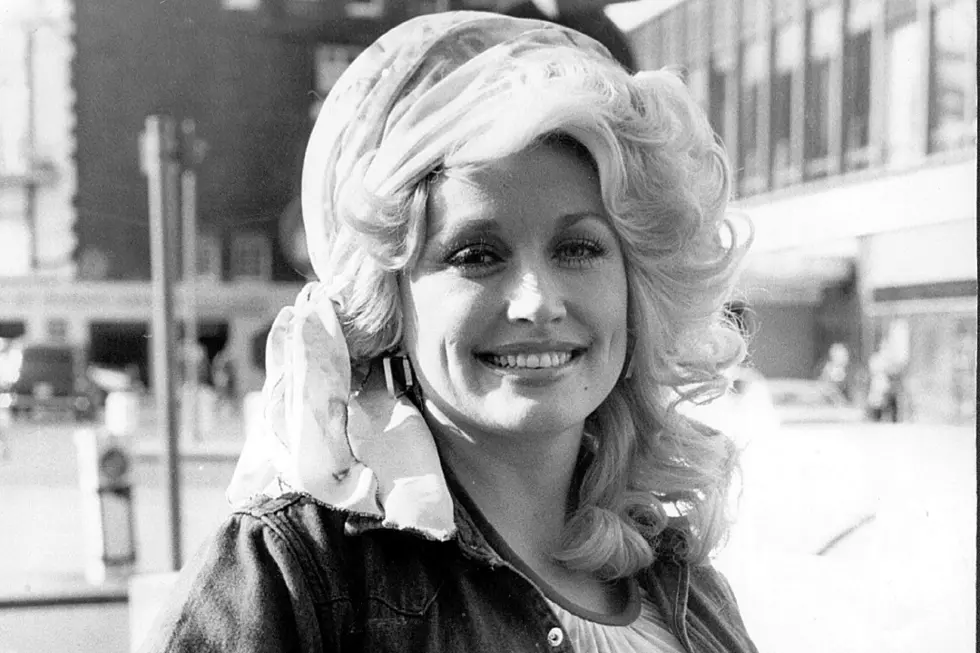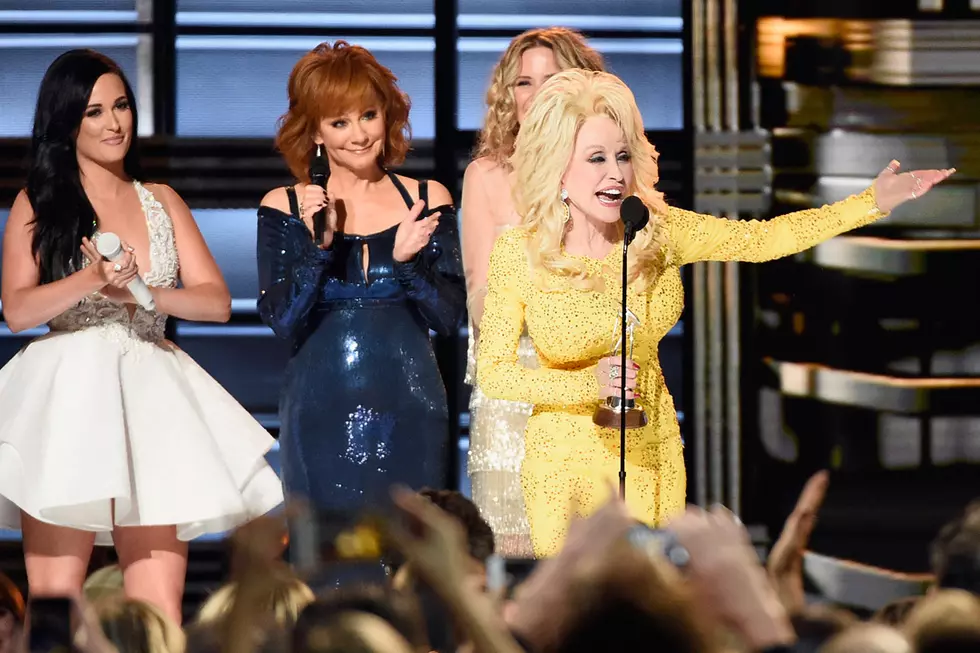
Love Tomatoes? What Country Fans Can Learn From #SaladGate
Two quotes from the past week offer a revealing look into the dark corners and recesses of country music and country radio. One, you may have heard — although it’s the lesser-hyped of consultant Keith Hill’s two quotes. The second comes from an artist many don’t know, or at least don’t know well.
Late Monday night (June 1), Maggie Rose expressed true gratitude to Hill on her Facebook page. Her level-headed statement was void of screaming or name-calling. Instead, she focused on a few truths.
“As dismal as his country radio statistics are for female solo artists, Keith is simply the messenger reporting on the current state of affairs for women artists pursuing country radio play,” Rose writes. “His use of a 'greens vs tomato' comparison to illustrate the imbalance of men vs. women on country radio was a lightning rod catalyst to continue a conversation that has been simmering for many years.”
After talking about her personal journey, Rose says something stunningly simple:
I am careful to use the term country radio and not country music. They are not one in the same.
Country radio is not country music.
Think about that.
The assertion implies that what radio plays is only a small part of what’s happening within the format. Many have thought something similar, but no one has put it into words as eloquently as Rose.
She explains ...
"The demographic of the Country radio listener has been consistently described to me as being predominantly female, ages 18-34, who prefer a heavily male playlist. Consultants have their ways of monitoring radio listeners to come up with that conclusion. However, that profile is at odds with what I witness. What I see on the road at my shows all over the country is a diverse audience: male, female, young, old. Their iPhones have playlists with songs from every genre. Shout it from the rooftop: The country fan is not one dimensional! And, fortunately, neither am I."
It’s not just women who are struggling to find a place on radio. Many critically acclaimed and talented men also find the road rocky or impassable. Chris Stapleton is the most recent example. It’s easy to find an A-list star willing to gush on the singer’s style, songwriting and big country voice. But he leans too far to the edges of the format. He’s not clean-shaven and immediately charismatic — call it Jamie Johnson syndrome.
The Cadillac Three are another example. Jaren Johnston writes half the songs on the radio, but his band can’t find a hit. Yet you’ll find few who don’t rave about their live show, and there isn’t an artist in town who doesn’t want to jump onstage with trio.
It’s not fair to blast radio for not playing songs solely on artistic merit, and it's easy to see why fans and artists connect a lack of radio success to the idea that the song is no good. That's not true — it’s a business that needs a maximum audience to survive. Songs are commodities, although once in awhile the Chris Stapletons of the world sneak through. Before you get angry at your hometown station, try sitting in the program director’s chair for a day. It’s not an enviable seat to be in.
Trust me,” Hill says, “I play great female records and we’ve got some right now; they’re just not the lettuce in our salad. The lettuce is Luke Bryan and Blake Shelton, Keith Urban and artists like that. The tomatoes of our salad are the females.
That’s the quote from Hill fans of country music should be focusing on, and after the initial shock of “Take females out,” most did. He’s not making a statement as much as relaying a reality that even Rose recognizes to be true. Right now, and perhaps since the beginning of time, females didn’t do as well — as a whole — on radio research surveys as their male counterparts (read a little more about how that works right here). Their road is tougher and they're judged on much more than the music. If a new male artist shows up for a visit at a radio station unshowered and wearing the scent of last night’s party, he’s rugged and fun-loving. If Rose doesn’t do her hair or put on makeup, she’s called much worse, and her song is tossed in the garbage. It's sexism, yes — but it's not new.
In the end, research works for ratings, and ratings keep radio station doors open. Walmart is the top retailer in America because they give the masses what they want. The McDonald's slogan is "Have It Your Way."
But who loves Walmart? Is McDonald's anyone's all-time favorite restaurant? We love more boutique stores, like Trader Joe's or Bass Pro Shops or Anthropologie. We love tomatoes, or we don’t because we love onions or cucumbers.
When was the last time a server brought your dinner and you said, “Man, this salad needs more lettuce!”? But if you were starving and the same server brought you a bowl of lettuce, you'd probably eat it. And if you ate mostly lettuce for a year or 40 years, you'd probably start to prefer lettuce to tomatoes. And if enough people ate only lettuce for 40 years, someone may be able to collect data that indicates lettuce is better than tomatoes.
With so many digital options, there are other places to introduce new female artists to fans. Times have changed, and responsibilities have changed hands. Aim your anger at the changing times if you must, but a more effective use of emotions would be to help with the solution, as Miranda Lambert has done repeatedly and as Jennifer Nettles seems to be doing. Grassroots efforts like #LetTheGirlsPlay are more important now than ever, in a time where statistics prove radio is taking fewer chances on women in country music. It's a lettuce industry that won't give you extra tomatoes unless you ask for them.
For the record, Taste of Country loves tomatoes.
Note: Billy Dukes spent nine years working at country radio stations, including four as Music Director at the top-rated country station in Raleigh, N.C.
Meet May's #LetTheGirlsPlay Artist, Kalie Shorr
More From Taste of Country








![Morgan Wade Yearns to Break Free in Stellar New Track ‘Run’ [LISTEN]](http://townsquare.media/site/623/files/2022/01/attachment-morgan-wade-run1.jpg?w=980&q=75)
